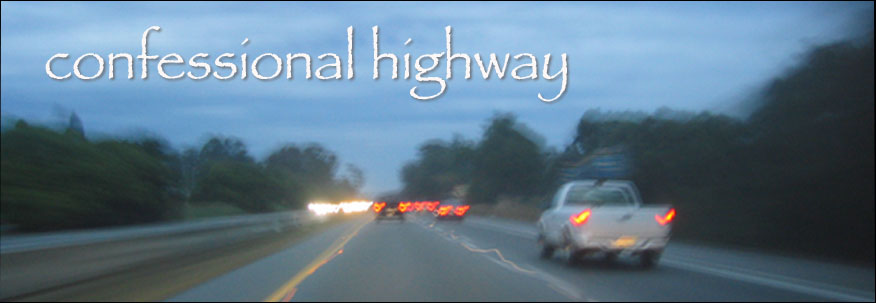[From a folder of pieces started and abandoned. I bring them forth now.]
My son climbed into my car yesterday, a look of sadness on his face. He said nothing was wrong, but I prodded him, clear that something was on his mind.
And he starts describing how he sees his life, how he doesn’t dislike school – he has no complaints against it – but he doesn’t exactly like it either. He just sees the days passing by, the time barely noticed. He says he doesn’t know why he’s learning what he’s learning.
I offer words about the complexity of the unforeseeable value in it all, but that isn’t the problem for him. He gets that.
“Let’s say I use what I learn in school, that I become a successful cartoonist, get married, have kids, everything. What’s the point?”
At thirteen, his existential crisis is a bit ahead of schedule.
I explain to my son that I struggle with how childhood is structured as a training ground for adulthood, that childhood should be enjoyed and appreciated as a unique and equally valuable phase of life, but that at the same time, we do need to learn and prepare for the future, that it comes down to balance. And he says that he understands and has been thinking about all that, but he then returns to his view of life overall, the existential crisis part.
I tell him that I completely understand his feelings, that I share them and even as an adult still think about all the things he has expressed. I explain that some people are wired to examine life in this way while others just march on with little thought to it all.
He and I fall into the first category.
And I can’t exactly answer his questions about the meaning of life since I have the same ones, but I tell him our discussion alone is important, that simply sharing the examination matters.
But it also pains me that he doesn’t just feel joy.
He asks if life is about being as happy as you can or about what you do. He believes in helping others, and sounds as if he feels guilty about seeking happiness. I answer by saying pursuing a happy life is an excellent goal, especially if you help others in the process.
I realize how much his questions are the ones I ask myself and wonder if that reveals how much alike we are or whether it reveals how much I’ve influenced him. And I wonder if he’s come to this place as a normal act of questioning or whether his life needs a shift, whether he would connect with more happiness at a less conventional school.
And I look to myself to see if I can inject more joy into our days, if I can focus less on where we’re headed, how we will get there, and what the impact of today will be on tomorrow. I think of ways to look for more frivolous fun. I don’t want to teach my son to be irresponsible, but I do want to allow him more laughter. And if I look for it for him, I suspect that along the way I’ll find it for myself.
It’s as if my son’s thoughts and questions have poked me in the ribs, stirred up the pot within, and forced me to reexamine my methods. It’s as if he is my wakeup call, and now I must aim to parent in a more joyous way. I must trust that I have already sufficiently grounded him and now it’s time to teach him to soar. It’s time to teach myself. My accomplishments will mean little if I can’t look upon them with a celebratory heart.
Be mindful of the future, but don’t live for it. Don’t count on your expectations and hopes coming true. Be open to the serendipity and the detours. Trust.
10.23.2008
Subscribe to:
Post Comments (Atom)


1 comment:
I really like what you write, make the inspiration for generations of teenagers
Post a Comment